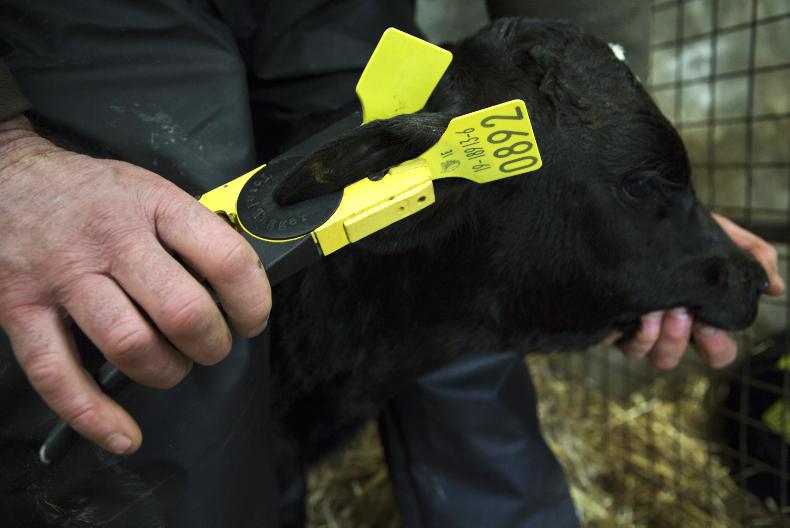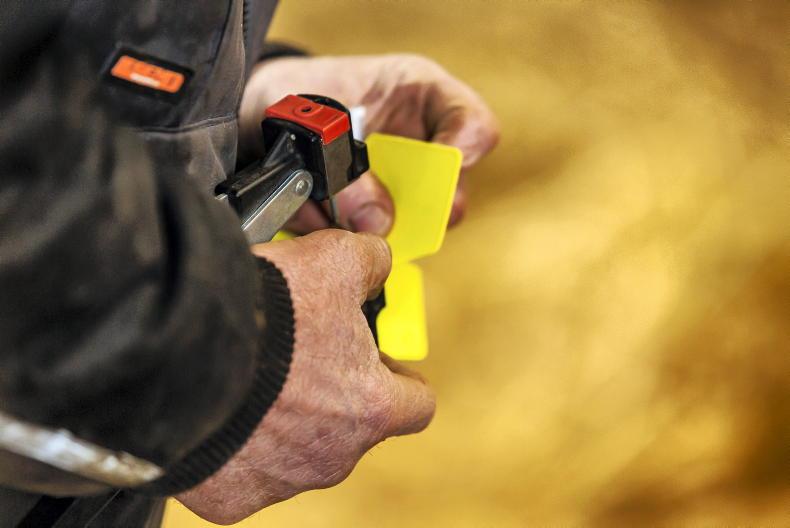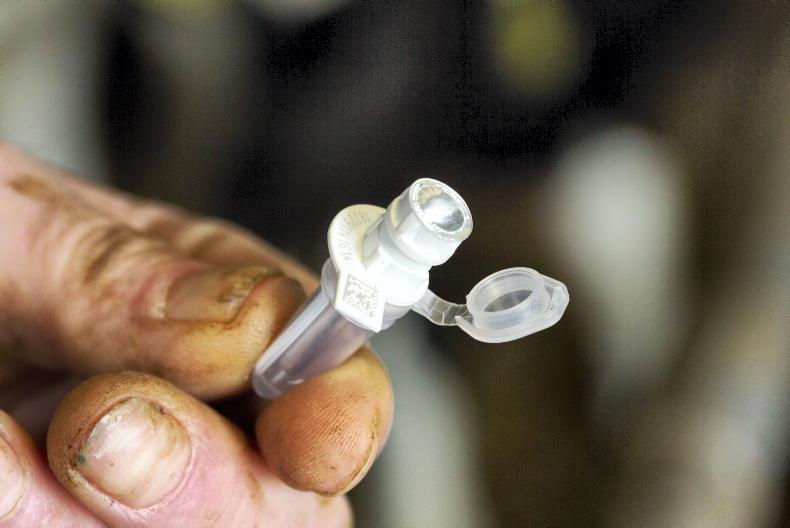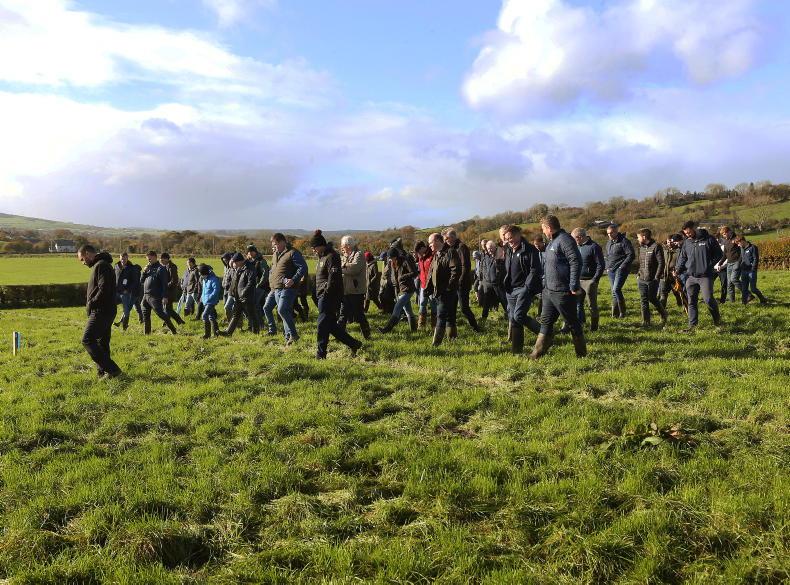All proposals to introduce movement restrictions on herds that pose a risk of spreading BVD have been backed by the Ulster Farmers’ Union (UFU).
In its official response to DAERA, the UFU said it was supportive of the plan for herd restrictions to be put in place if a persistently infected (PI) animal is not culled within 28 days of a positive test result.
Under the new rules, animals could still move to slaughter, but other than in very exceptional circumstances, there would be no other movements allowed into or out of the herd.
The union points out that the proposed 28-day grace period allows time for a re-test of a suspect PI to be carried out, although it also agrees with DAERA that this window could be reduced in the future.
“The journey towards eradication will involve tougher measures as we get closer to that point, and UFU is supportive of reducing the grace period over time assuming that the numbers of affected herds decrease in parallel,” the response reads.
Restrictions lifted
The UFU also supports the DAERA proposal that there should be a 21-day delay from the last PI calf is culled before movement restrictions are lifted.
This time lag aims to limit the spread of the virus on to other farms as healthy cattle can temporarily pick up BVD (transiently infected animals).
A similar DAERA proposal would mean all female cattle over 12 months of age in these restricted herds could not leave the farm for 41 weeks after the last PI is removed.
This is aimed at females that become temporarily infected with BVD during pregnancy and later give birth to a PI calf, known as Trojan animals.
“The restrictions on breeding age females are seismic for any restricted herd. It is therefore essential that clear communication around the implications of becoming a restricted herd takes place before the implementation of any such restriction,” the UFU response reads.
New legislation is also being proposed which would give DAERA powers to restrict herds that do not test new-born calves for BVD within the required 20-day timescale.
The UFU is pressing for a “risk-based approach”, so herds that have not sampled a large number of calves for a prolonged period are targeted first.
“A herd-keeper who has returned full compliance with the scheme but has had a small number of samples returned as BVD unknowns because of empty vials should not be targeted,” the UFU states.
The union is also supportive of the department’s plan to make it a legal requirement to test animals that do not have a BVD status and were born before March 2016.
This was when tissue tagging become compulsory in NI and, as all cows that give birth to a BVD negative calf are assigned a negative status, it mostly applies to older stock bulls.










SHARING OPTIONS